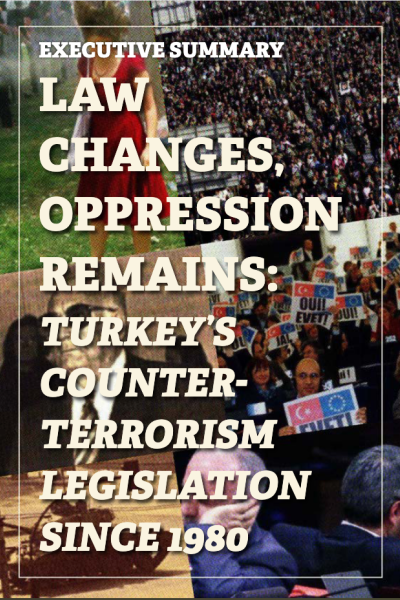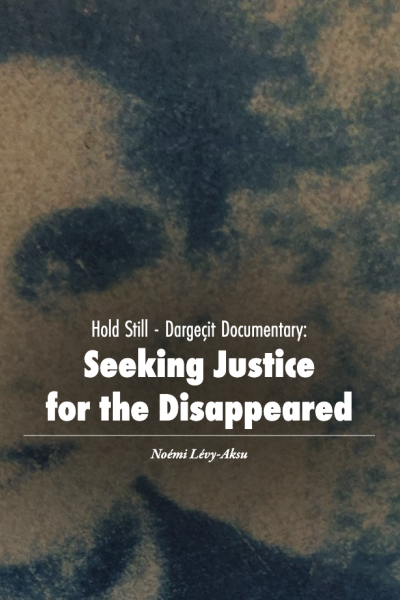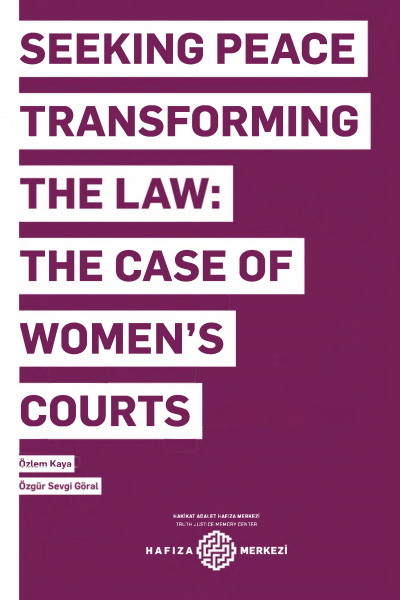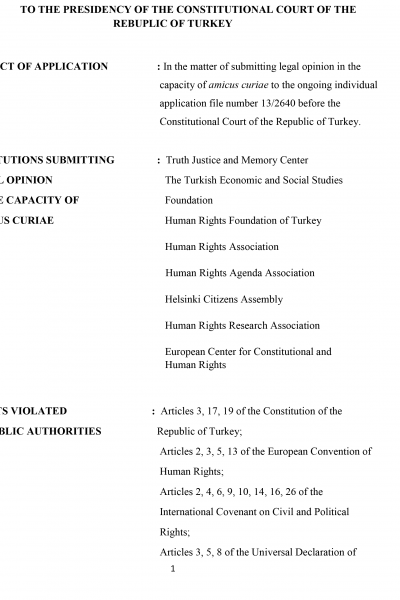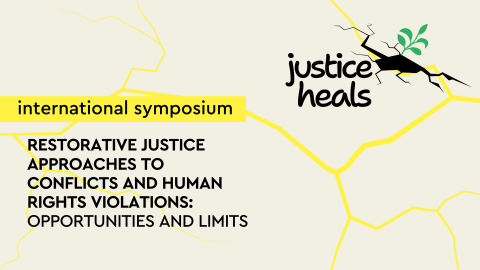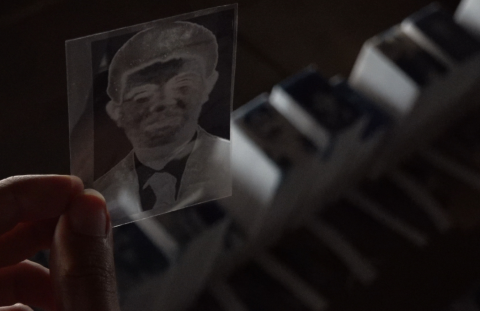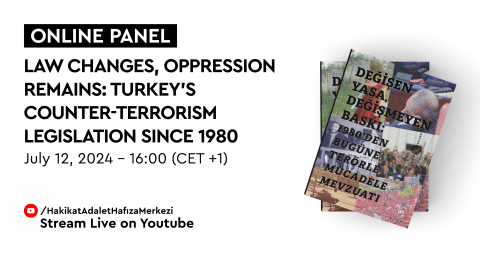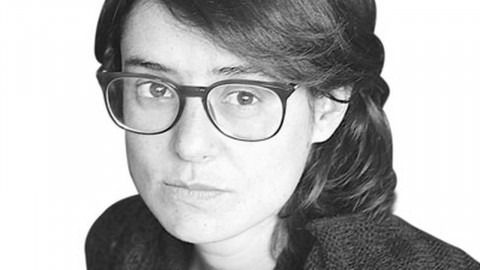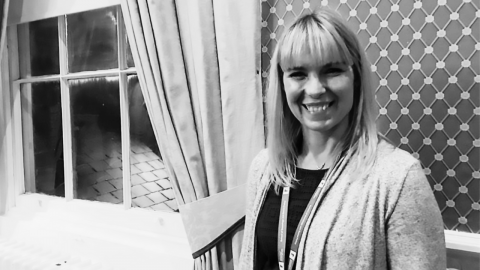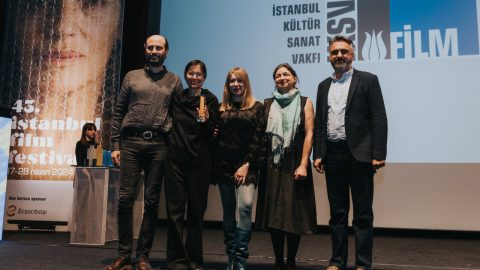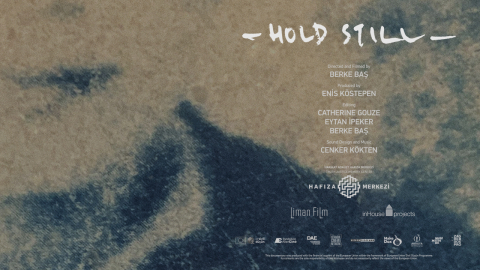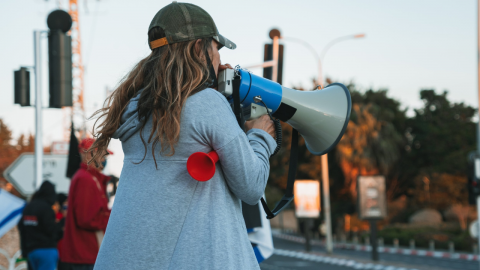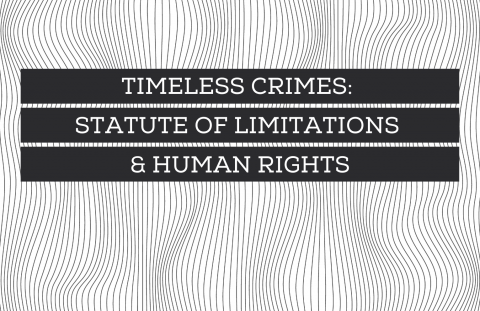In order to come to terms with gross human rights violations, we carry out legal studies to support groups who have been subject to rights violations. We consider being on the side of the victims of violations in their pursuit of justice as a struggle for dignity, and take pride in keeping records of the judiciary practices through our work. We believe in the power of monitoring and analyzing the judiciary's attitude towards gross human rights violations and forcing change by generating information. We value the fight against impunity as a process-based struggle, even when immediate results are not conceivable.
In this context, the basis of our work consists of activities carried out to prevent impunity for state officials who have been involved in these crimes and to hold them accountable before the rule of law.
Legal Documentation and Analysis
Documenting, verifying and analyzing gross human rights violations, especially enforced disappearances, in line with universal standards is at the center of our work.
Litigation Monitoring
We scrutinize judicial practice by monitoring the trials of state officials allegedly involved in gross human rights violations in Turkey's recent past. Based on this information, we aim to create an archive open to public access, and to contribute to raising public awareness of the phenomenon of impunity. We share the outputs of our efforts to monitor criminal proceedings on the website failibelli.org, which we also designed as a digital archive.
Legal Interventions
Based on the picture revealed by our documentation, analysis and monitoring studies, we use a range of legal intervention methods to implement policies and practical measures for the prevention of impunity. Among these legal interventions are presenting amicus curiae (court-friendly opinion), participating in the monitoring of the decisions of the European Court of Human Rights, as well as making notifications to the human rights monitoring mechanisms of the United Nations.
Criminal Justice and Restorative Justice
Our legal work is based on criminal justice (investigation/prosecution processes), as it is one of the cornerstones of transitional justice. Although criminal proceedings are not a stand-alone response to the demand for justice raised by the victims of gross human rights violations, they have the potential to break the cycle of impunity and also create a space for truth-telling. However, we also aim to approach our legal studies with a restorative justice perspective, considering that in addition to criminal justice, the ability of those who have been harmed and responsible for the violation to express their experiences, expectations and demands have a role in the establishment of social justice.
